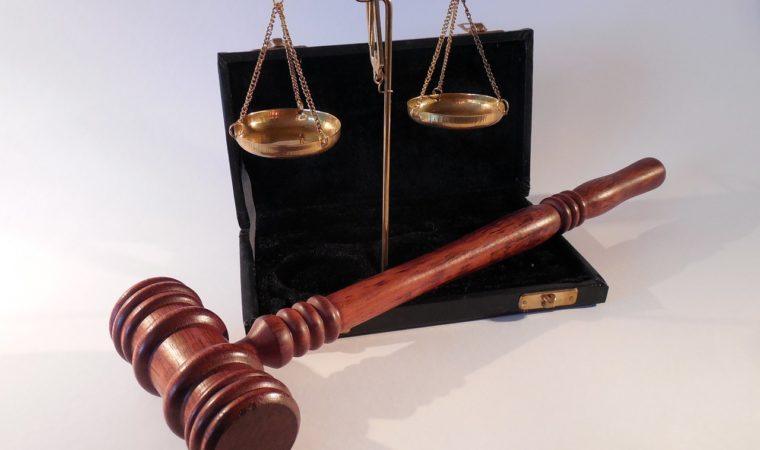On August 25, 2017, the Court of Appeals in the Sadie M. Castruccio v. Estate of Peter A. Castruccion et al., No 79, September Term 2016 ruled that a testator’s signature and the witnesses signature do not need to be on the same page, nor do the separate pages need to be physically connected at the time of signing for a Will to be valid.
The court also ruled on page 33 of its decision that “neither a complete attestation clause nor having the testator initial each page of the will are requirements for valid execution.”
The case arose following the death of Dr. Peter Castruccio (“Dr. Castruccio”) at the age of 89 in February 2013. In 2010, Dr. Castruccio marked up his 2008 original Will and requested that his employee, Darlene Barclay, to transcribe his changes. Ms. Barclay made the changes, and Dr. Castruccio reviewed the Will with his attorney. In the presence of his attorney, his attorney’s daughter, and Ms. Barclay’s daughter, Dr. Castruccio signed the new Will.
The 2010 Will contained a residuary clause which named Dr. Castruccio’s wife of 62 years, Sadie, as the beneficiary, but contingent on her survival and filing a valid Will of her own with the Register of Wills in Anne Arundel County prior to his death. In the event that either of the two contingencies were not met, Ms. Barclay would be the residuary beneficiary of Dr. Castruccio’s estate.
At the time of Dr. Castruccio’s death, Sadie had not filed a last Will and Testament with the Register of Wills for Anne Arundel County, Maryland, leaving Ms. Barclay the beneficiary of Dr. Castruccio’s estate. By and through Counsel, Sadie filed a Petition to Caveat the Will. If successful, then Dr. Castruccio’s will would have been deemed invalid, and Sadie would inherit her husband’s estate through the Maryland laws of intestacy.
The court relied on the Md. Code (1974, 2011 Repl. Vol.), Estates & Trusts (“ET”) §4-102 which requires that in order to be validly executed, a will must be “(1) in writing, (2) signed by the testator, or by some other person for him, in his presence and by his express direction, and (3) attested and signed by two or more credible witnesses in the presence of the testator.”
The case provides clarity with regard to the valid execution of Maryland Wills, and highlights a number of concerns for most testators.
First, that a Will be validly executed in the State of Maryland. Most estate planners use a Will signing ceremony to provide the requisite number of witnesses and to sign documents with their clients. Each state has unique execution requirements for a Last Will and Testament to be valid. While the State of Maryland’s requirement is stated above, other local jurisdictions differ.
Second, whether Dr. Castruccio understood and intended the provision in his Will to disinherit his long-time Spouse. While we may never know the answer to the latter question, it is important that testator’s review their last will and testament, and be sure to speak with an attorney where he or she may have questions regarding the language of the document.

